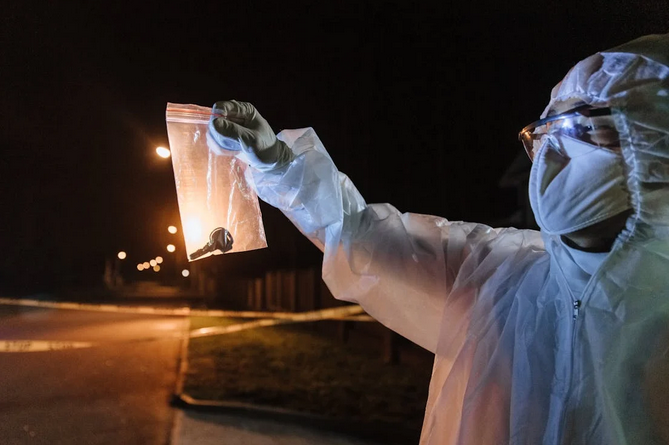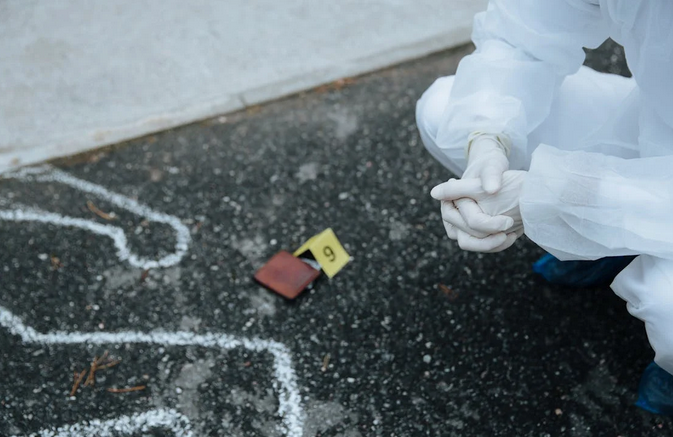Crime scene cleanup is a specialized field that requires not only technical expertise but also a thorough understanding of the legal responsibilities involved. The National Crime Scene Cleanup (NCSC) professionals in this industry must adhere to various regulations and guidelines to ensure they operate within the law and protect public health. Understanding these legal responsibilities is crucial for maintaining compliance and ensuring safe, effective cleanup operations.
Compliance With Occupational Safety and Health Administration (OSHA) Standards
One of the primary legal responsibilities of crime scene cleanup services is compliance with Occupational Safety and Health Administration (OSHA) standards. OSHA regulations protect workers from health and safety hazards on the job, which are particularly relevant in biohazard cleanup scenarios.
Proper Disposal of Biohazardous Waste
Proper disposal of biohazardous waste is another critical responsibility. Crime scene cleanup services must follow strict protocols for the disposal of biohazardous waste to comply with federal, state, and local regulations. This includes segregating biohazardous waste from other types of waste and containing it in clearly labeled, leak-proof containers.
The transportation of biohazardous waste must be conducted in compliance with Department of Transportation (DOT) regulations to ensure that waste is securely transported to prevent spills or exposure during transit. Ultimately, biohazardous waste must be disposed of at licensed facilities that are authorized to handle and treat such waste, often involving incineration or other approved methods to render the waste non-infectious.

Confidentiality and Privacy Regulations
Crime scene cleanup professionals often work in private residences and sensitive locations. It is crucial to respect the privacy and confidentiality of clients. This responsibility includes the use of non-disclosure agreements (NDAs) to protect the privacy of clients and the details of the cleanup. Any information regarding the nature of the incident, the individuals involved, and the cleanup process must be handled with the utmost confidentiality to respect the privacy of those affected.
Adherence to State and Local Regulations
In addition to federal requirements, crime scene cleanup providers must follow state and municipal legislation. These rules vary greatly depending on the area and may include special licensing requirements, health department regulations, and local waste disposal ordinances. Cleanup companies must stay informed about the laws in the areas where they operate and ensure they meet all necessary legal requirements.
Proper training and certification are essential components of legal compliance in the crime scene cleanup industry. Employees must receive comprehensive training on biohazard handling, safety protocols, and regulatory compliance. Certification programs, such as those offered by the American Bio Recovery Association (ABRA) or the National Institute of Decontamination Specialists (NIDS), provide validation that technicians are qualified to perform cleanup tasks safely and effectively.
Documentation and Record-Keeping

Accurate documentation and record-keeping are critical for demonstrating compliance with legal responsibilities. This includes maintaining detailed records of employee training and documenting all training sessions, including the topics covered, dates, and names of attendees. Records of biohazardous waste disposal, including quantities, dates, and disposal methods, as well as the names of licensed disposal facilities, are also essential.
Insurance Requirements
Crime scene cleanup companies must carry appropriate insurance coverage to protect against potential liabilities. This typically includes general liability insurance, workers’ compensation insurance, and pollution liability insurance. Adequate insurance coverage ensures that the company is protected in the event of accidents, injuries, or legal claims arising from cleanup operations.
The legal responsibilities of crime scene cleanup services are extensive and multifaceted, encompassing compliance with federal, state, and local regulations, proper training and certification, confidentiality, and accurate documentation. By adhering to these legal responsibilities, crime scene cleanup professionals can ensure they perform their duties safely, ethically, and in accordance with the law. This not only protects the health and safety of their employees and the public but also upholds the integrity and reputation of their services.

